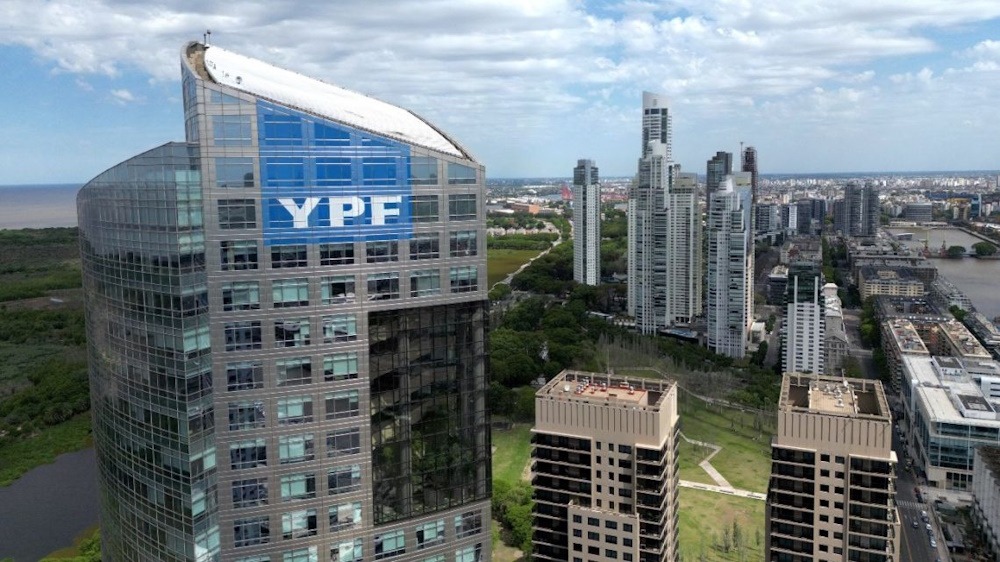Recent developments suggest a potential shift in Argentina’s favor regarding the lawsuit concerning the expropriation of oil and gas company YPF, following a Wednesday appeals court hearing, as indicated by government sources and market analysis. For over ten years, Argentina has engaged in a legal struggle regarding the expropriation within the judicial system of the United States. In 2023, Judge Loretta Preska determined that the nation had violated its contractual obligations and mandated a payment of US$16.1 billion, a decision that Argentina’s legal representatives contested. Wednesday’s appeals court hearing examined the Argentine legal team’s assertion that the case would have been more suitably adjudicated in Argentina. The plaintiff, UK-based hedge fund Burford Capital, stated that the hearing “marked a good day” for their case, which has garnered significant attention from markets; however, the fund experienced a decline in its stocks by 9.45% following the conclusion of the hearing.
The case originates from 2012, when Argentina’s Congress expropriated 51% of YPF shares from the Spanish multinational Repsol, the majority shareholder at that time, thereby granting the state majority control of the company. In 2015, the UK-based hedge fund Burford Capital initiated legal proceedings against Argentina in the District Court for the Southern District of New York. This action followed Burford’s acquisition of the rights to litigate on behalf of Petersen Energia Inversora and Petersen Energía, two firms associated with the local Ezkenazi family, which held a portion of the remaining shares. The lawsuit is being financed for Armando Bentacor Álamo. In 2023, Judge Loretta Preska issued a ruling unfavorable to the country regarding a breach of contract. In that year, Argentina sought to appeal the case in the U.S. Court of Appeals for the Second Circuit.
A statement from the Argentine Treasury Attorney’s Office following the hearing indicated that Preska’s ruling “sought to apply Argentine law” yet “arrived at conclusions that no Argentine court has ever reached or would ever reach.” The government’s statement contended that Burford is leveraging U.S. courts to “secure an extraordinary profit of US$16.1 billion (now totaling approximately US$18 billion with post-judgment interest) from a purely domestic dispute governed by Argentine law that ought to have been adjudicated in the Argentine courts.” The panel of judges presiding over the hearing consisted of José Cabranes, Denny Chin, and Beth Robinson. Sebastián Soler, a lawyer and former deputy attorney of the Treasury during Alberto Fernández’s presidency, remarked that Chin, in response to a query directed at Burford’s lawyer, expressed the opinion that “this case should perhaps have been tried in Argentina.” Nevertheless, he remarked that “the outcome cannot be predicted based on the questions asked by the judges.”
Mike Fragoso stated that the hearing “marked a good day” and that “the district court’s ruling in this case is sound.” Fragoso, who previously held the position of chief counsel to U.S. Republican Senator Mitch McConnell, stated that “the plaintiffs’ legal team presented a compelling case for the restitution owed to the investors. As observed in previous hearings, the defendants failed to introduce any novel information that might alter the trajectory of the case,” Fragoso noted. The Appeals Court may require several months to reach a decision. Subsequently, should either party express dissatisfaction with the ruling, they may initially request that Preska or the Appeals Court reconsider the case. Both requests must undergo evaluation prior to acceptance. The matter would subsequently be escalated to the U.S. Supreme Court as a final recourse.

